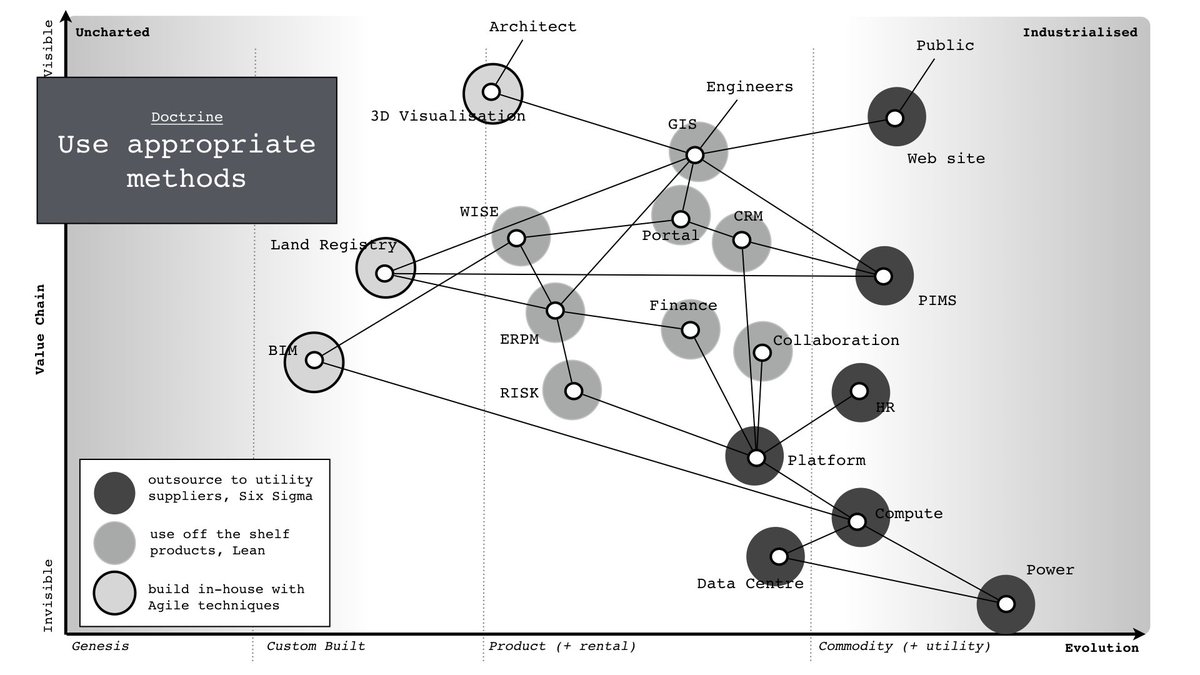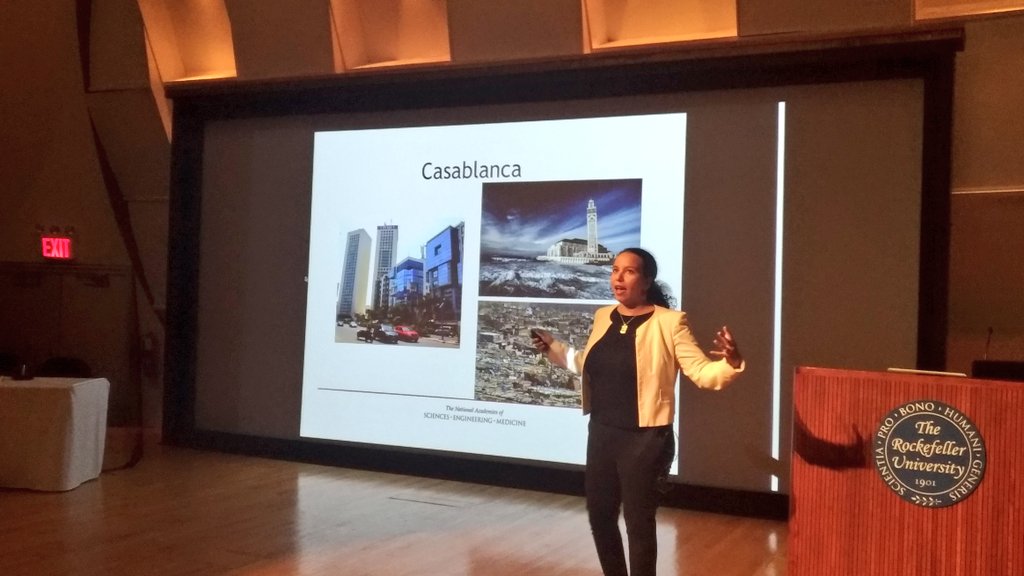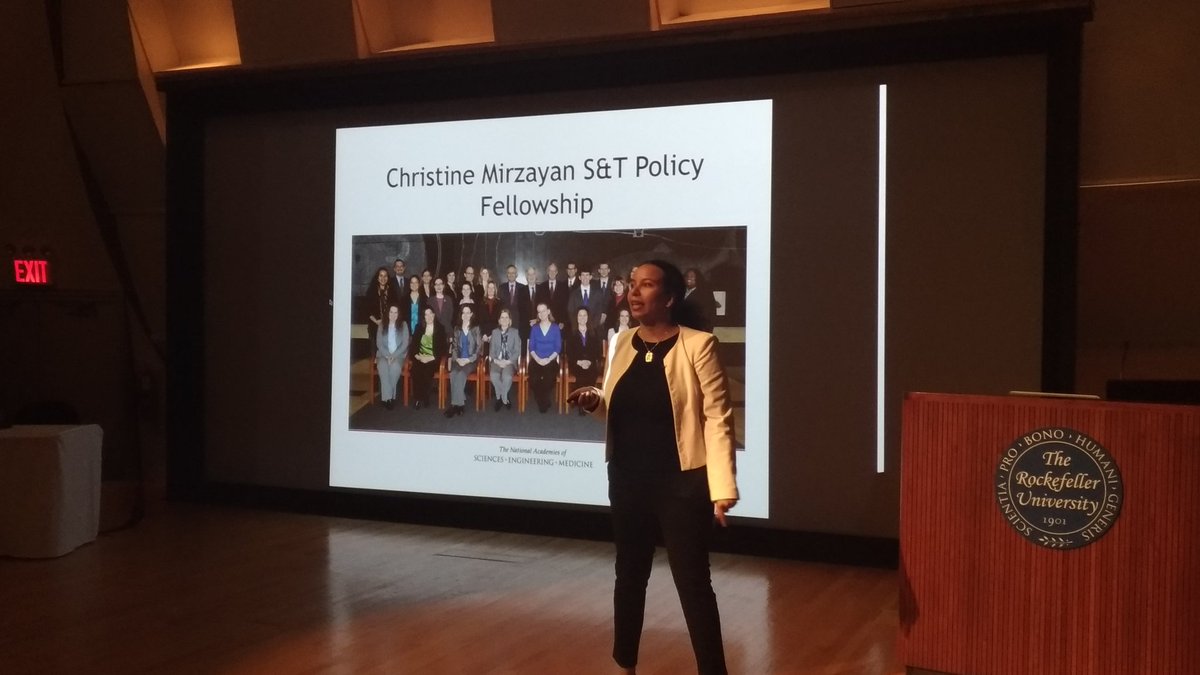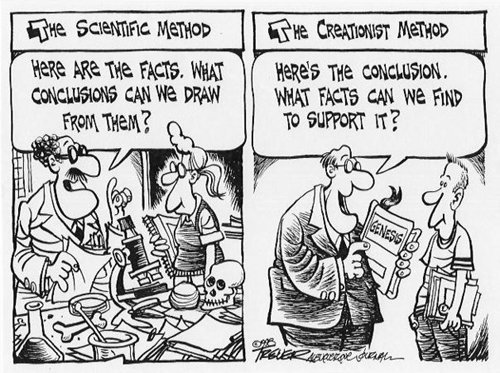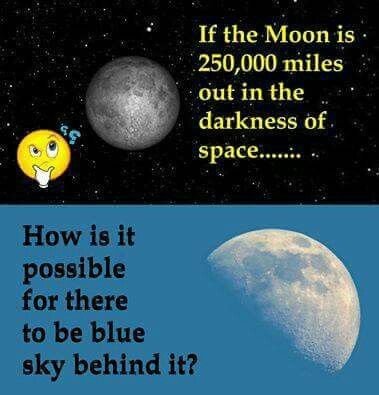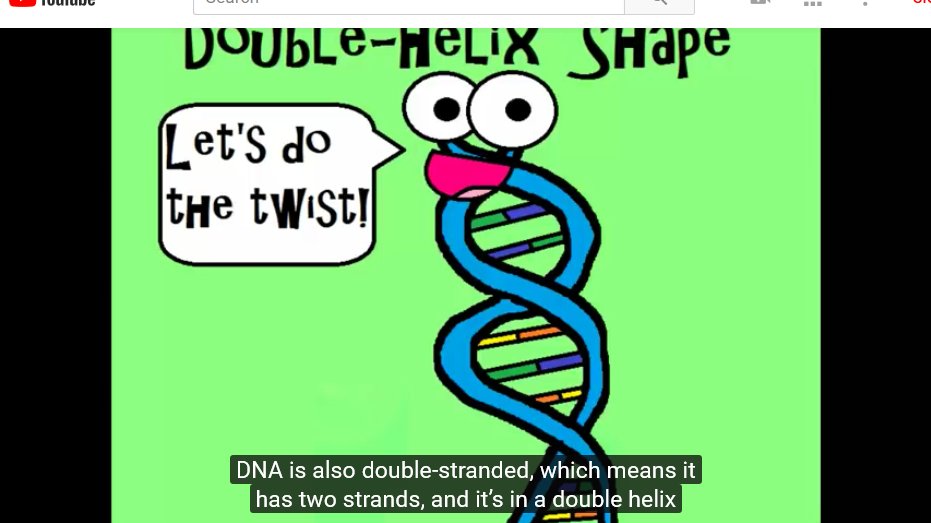Me : In general, time describes the passage of impossible to possible whether in science, engineering or in politics. What you probably mean is you don't have the time and not that this is "impossible". It rarely is.
Me : No, they're not. They are already happening today - - they are just primitive compared to tomorrow's versions. They will improve and this world is almost inevitable.
Me : No, that's when the combination of conversational programming with the emerging SpimeScript will kick off. It'll take 30-50 years to evolve to the point of industrialisation itself, and another 10-15 years to spread ...
Me : Oh, yes.
X : Can we make it go faster?
Me : Yes, you need to speed up communication mechanisms and information flow in society.
X : How?
Me : No idea.
Me : Yes ... printing press, postage stamp, telephone, internet ... lots of examples.
X : So, can't you say what the next one will be?
Me : That's impossible.
X : Ah, got you. I thought you said that this was a matter of time?
X : But you're predicting the future with your maps!
Me : Maps are a guide to the landscape not a crystal ball.
X : But this is so far in the future, why would you bother?
Me : Governments have to think long term. It also helps if you're writing science fiction. Ask @VirtualTal
X : Such as?
Me : There are many. Three things which do a grand job of stopping progress are intellectual property rights, social inequality and war.
Me : No. The act of planning / preparing / conditions of war are ... the actual war bit isn't. The ideal state seems to be continual total war without anyone actually being killed or things destroyed i.e. a strong societal purpose.





